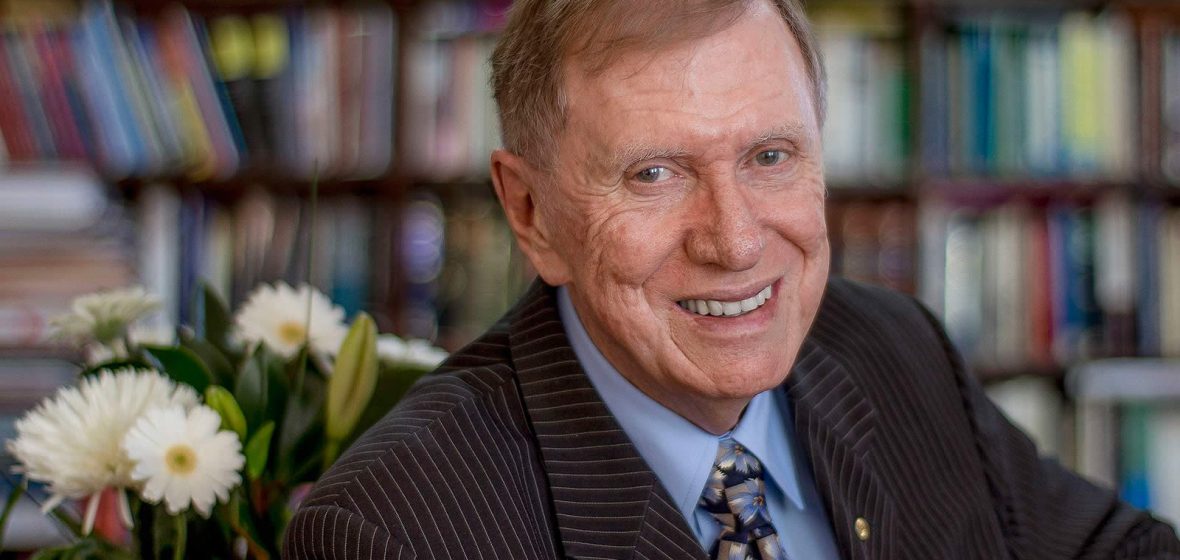Sometimes, winning the case is less important than bringing attention to a cause. Former High Court Justice Michael Kirby explains how one particular case early in his career drove momentum for Indigenous rights in Australia.
In 1965, I was 26 years old and working in a firm called Hickson Lakeman & Holcombe. The principal partner, Bruce Holcombe, was very supportive of me doing work for the Council for Civil Liberties. I served on the committee of the Council in my (rather sparse) spare time.
An application came to the Council from a young university student named Owen Westcott. He was asking us to represent him in the court of petty sessions – which is what the local court was then called – in Walgett in Central NSW.
Owen was an Aboriginal Australian and active in student politics and issues concerning human rights. He had heard that in Walgett Aboriginals were not allowed upstairs in the town cinema. They were permitted downstairs where the floor was linoleum and the seats were vinyl. But they were not permitted to go to the grand circle in the cinema, where the floor was carpeted and the seats velvet. Owen had gone to the box office and purchased six tickets. He then gathered some Aboriginal students, climbed the staircase, and demanded entry in accordance with his ticket.
The manager said, “You know the rules”, pointing to the Aboriginals. He said, “You can go downstairs, you’re welcome downstairs, but you can’t go upstairs.”
Owen said, “But I’ve got tickets.” A scuffle broke out, the police were called, and Owen was arrested. He was charged with offences of trespass and blocking the entrance of other patrons into the cinema. His case came before the court of petty sessions in Walgett on 1 October 1965. I was, by that stage, his solicitor.




